When Miller Gardiner was born his mother Pamela noticed he was different from her other children.
He never settled, hardly slept and was often sick.
“At two weeks old, I knew that he was so much more difficult,” the mum-of-six says.
“He failed his hearing test when he was born. There were so many issues, he was never content.”
It’s been a long process for the Banchory mother to get a diagnosis for her son and a difficult time to go through with little support available.
He’s fixated with clocks
Pamela McKessick, 42, and her 47-year-old partner Jim Gardiner need to plan ahead every time Miller leaves his home.
“He’s got really obsessive behaviour,” Pamela explains. “His main fixations are clocks and spinning washing machines.
“We can’t drive through Banchory until we go past the clock.
“When I go downhill to go to the park, we have to go the whole length of Banchory to see the big clock at the end.
“And when he comes home from nursery the washing machine needs to be empty.
“He spins the drum of the washing machine for ages and you can tell when the spinning starts to slow that this is Miller calming down.”
‘I feel like a brand new mum all over again’
Pamela searched for support groups as soon as she knew her child was showing signs of autism but found there was little help available for families with young children.
“There’s no classes for mums when they are that age,” she says. “So you’re just pulling your hair out wondering if you are doing the right thing.
“When they’re going through the terrible twos stage, you don’t know if it’s bad behaviour you should be giving them into trouble for or if it is part of autism.
“There’s no help at all, everything is for over 5s.”
A child with autism has a lifelong developmental disability which affects how they communicate and interact with the world.
Over the years Pamela has found a way of coping, coming up with a strategy to keep her four-year-old boy from feeling overwhelmed.
“It’s all about distraction techniques,” she says. “People say this is baby number six – you must be able to do this with a blindfold on.
“But every day is a learning day – I just feel like a brand new mum all over again.”
‘I dumped my trolley and had to leave the shop’
However, it can be an anxious time for Pamela taking her son outside because she has no way of knowing how little Miller is going to react each day.
She’s faced “bad experiences” while out with her son and once left a shop in tears when a member of staff snapped at her because Miller was screaming.
“She said ‘Will you control your child – that’s a safety issue’,” Pamela explains.
“It was the last straw because he had been having a meltdown all the way around. I dumped my trolley and we left the shop.”
‘We tried to distract him but it didn’t work’
The family also encountered a similar experience on a recent trip down to The Royal Highland Show in Ingliston and had to leave early.
As soon as the family entered the grounds, Miller spotted people wearing Aldi supermarket hats and became fixated on them.
Pamela promised her little boy that they would find the stall handing them out and try to get one for him.
But when they arrived there was a big queue and they knew from experience that Miller would not wait that long.
“We tried to distract him with other things but it didn’t work because he had become fixated on it,” Pamela says.
The couple spoke to one of the staff and explained that their little boy couldn’t cope with queuing for the free hat and asked if he could get one.
“The guy said sorry you’re going to have to wait in the queue. He turned round and obviously took one look at Miller and thought he wasn’t disabled.”
Then the inevitable happened and her little boy started to feel overwhelmed with the situation.
Pamela added: “When we didn’t get the hat there was a major meltdown and we had to come back up the road.
“The guy turned round and could see and obviously thought we just couldn’t control our child.
“That’s what people think when they look at you when they’re having meltdowns. They look at you as if to say – ‘can you not control your child?’
“As much as people say just ignore them Pamela you can’t because they’re staring at you and muttering about you.”
Child with autism: ‘Not every disability is visible’
Pamela says the reactions of others can be just as hard to cope with as trying to calm down your overwhelmed child.
And she hopes speaking out will help people realise that children acting out are often struggling with complex health conditions.
It would be helpful, she says, if people didn’t react and stopped staring at the parents and their child.
“People think it’s just a kid screaming uncontrollably,” she says.
“Just because they’re not in a wheelchair you don’t know what issues that child has, they’re not all visible.
“There’s just no understanding.”
The Press and Journal recently launched a special investigation into autism support and the Scottish Government said improvements will be delivered.
You can read about the Education Minister’s commitment to help here.
We’d like to share your story
Every Friday lunchtime we highlight an incredible story about recovery, overcoming illness, weight loss and bravery.
If you are now in a position to help others by talking about your journey you can reach me by emailing charlotte.thomson@ajl.co.uk
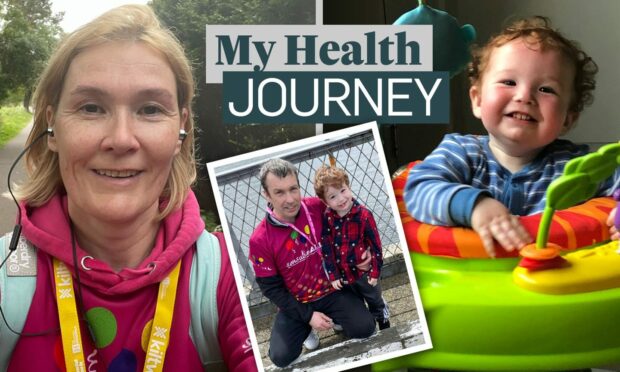
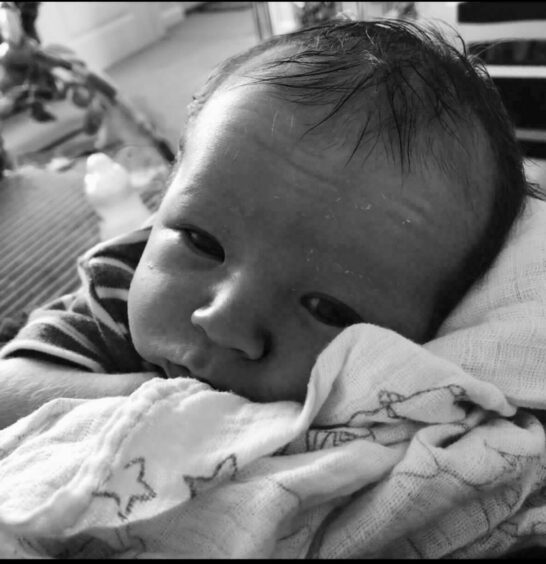

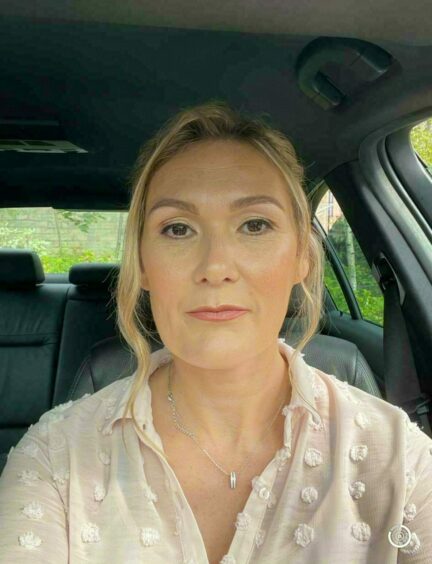




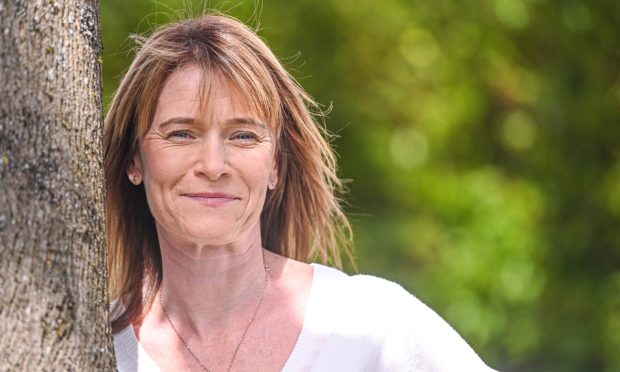

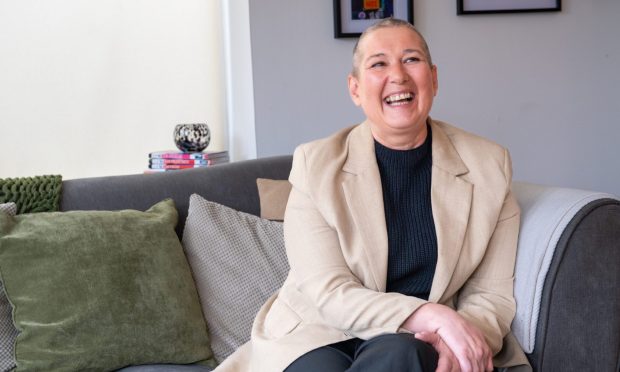

Conversation